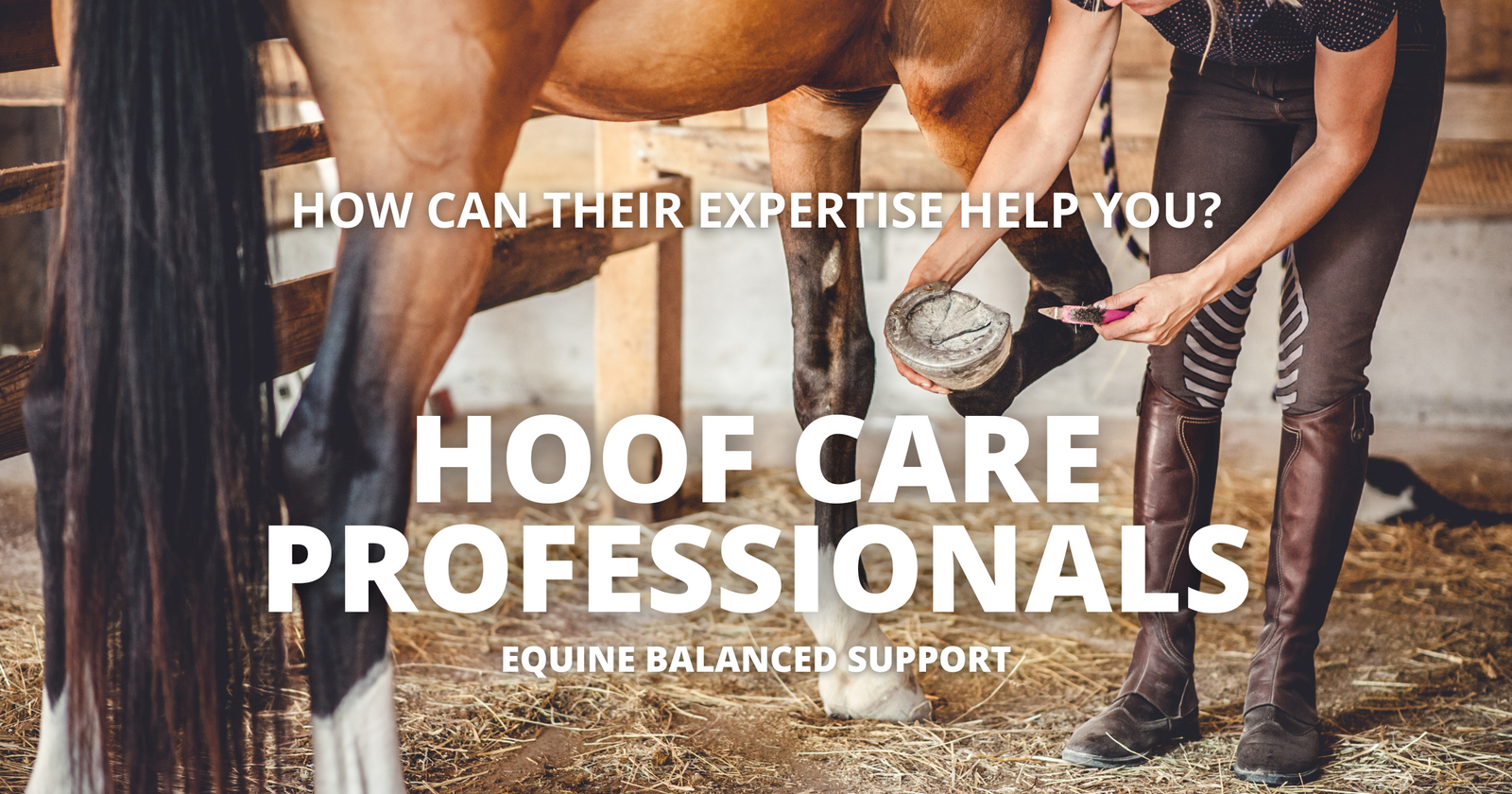Beyond Hooves: Revealing the Essential Role of a Hoof Care Professional in Equine Management

Hoof Health & Whole-Horse Care
For simplicity, we use the term farrier in this blog to refer to any qualified hoof care professional to whom you entrust your horse's hoof care.
We all acknowledge the crucial role of a well-educated, compassionate farrier in maintaining our horse's hoof health. Have you ever pondered the other aspects of your horse's well-being that your farrier can assist with? Areas like metabolic health, joint function, and the horse's overall physical condition. Farriers possess a unique viewpoint; their regular yet spaced-out visits equip them to detect gradual changes that might escape those interacting with the horse daily. Keep reading to learn about the multifaceted contributions of farriers to equine health and how they serve as invaluable partners in preserving the well-being of these majestic creatures.
Why Does a Farrier Take a Holistic View of the Horse's Body?
Farriers don't just look at the hooves; they assess the horse's overall physique and condition. Changes in muscle tone, body weight, and even behavior influence hoof health, as healthy hooves provide a base for a healthy horse. A skilled farrier will note these factors during routine visits, providing insights that prompt a more thorough veterinary examination when necessary. For example, a sudden change in hoof quality might indicate needed dietary changes. A change in the hoof's wear can suggest that the horse is consistently pawing the ground or kicking the wall, signs of stress or discomfort. A farrier will also notice a difference in a horse's range of motion and comfort level while trimming or shoeing. Because the horse has to hold the legs up longer for farrier work than simply cleaning out the feet, these changes can go unnoticed with regular daily handling.
Why is a Farrier in a Unique Position to Assess a Horse's Well-being?
The periodic nature of a farrier's visits — typically every four to eight weeks — strikes a perfect balance between familiarity and objectivity. This cadence allows farriers to build a detailed understanding of each horse's baseline condition, making it easier to spot subtle deviations over time. Unlike daily caretakers, who might grow accustomed to gradual changes, farriers have the advantage of regularly seeing the horse with fresh eyes, enabling them to detect shifts that could indicate emerging health issues.
Can a Farrier Help Monitor Metabolic Health?
Metabolic health in horses can significantly impact hoof health, encompassing conditions like Equine Metabolic Syndrome (EMS) and Cushing's disease (PPID). Farriers, often the first to identify the signs of these conditions, play a proactive role in alerting owners and veterinarians to potential issues. For instance, a stretched white line, see Figure 1 below, is often one of the initial signs indicating a metabolic issue; sharing this information with the owner can prompt a vet visit to ensure a proper diagnosis. Farriers are frequently the first line of defense, facilitating early intervention and providing security for your horse's health.

How Does a Hoof Care Professional Promote Joint Health and Function?
How a horse distributes weight, and moves can significantly influence its hooves and overall joint health. Farriers, with their in-depth understanding of equine anatomy and biomechanics, can identify irregularities in gait or stance that may indicate joint or tendon problems. Adjusting the trimming or shoeing approach can help alleviate undue stress on specific areas, promoting better joint function and comfort. This aspect of a farrier's work prevents lameness and supports equine athletes' rehabilitation.
Conclusion
Farriers play a pivotal role in equine health beyond hoof care. Their expertise in identifying signs of metabolic disorders, assessing joint function, and providing a holistic view of the horse's condition makes them indispensable players in the preventive health care team. Farriers' unique perspectives and skills, combined with their regular yet intermittent contact with the horses, equip them to notice changes others might miss and share their findings with the owner to address them accordingly. Farriers are crucial intermediaries between owners, horses, and veterinary professionals, fostering a stronger connection to your horse's health and well-being.
Want to improve your horse's hoof health?
Shop Here: https://equinebalancedsupport.com/collections/hoof-health







Leave a comment